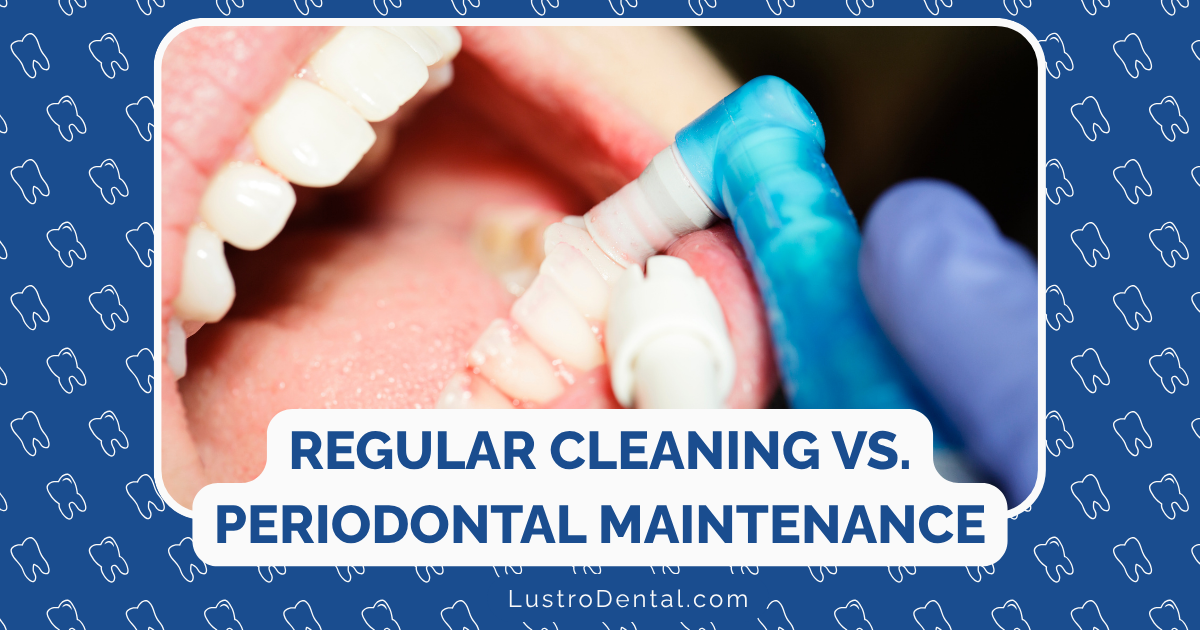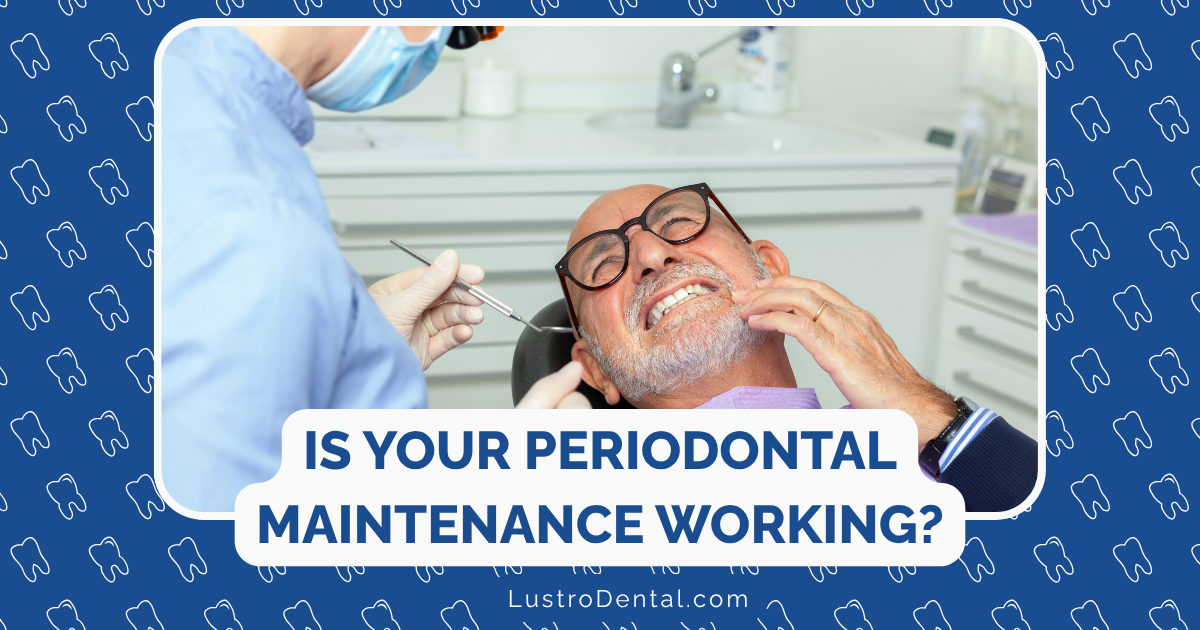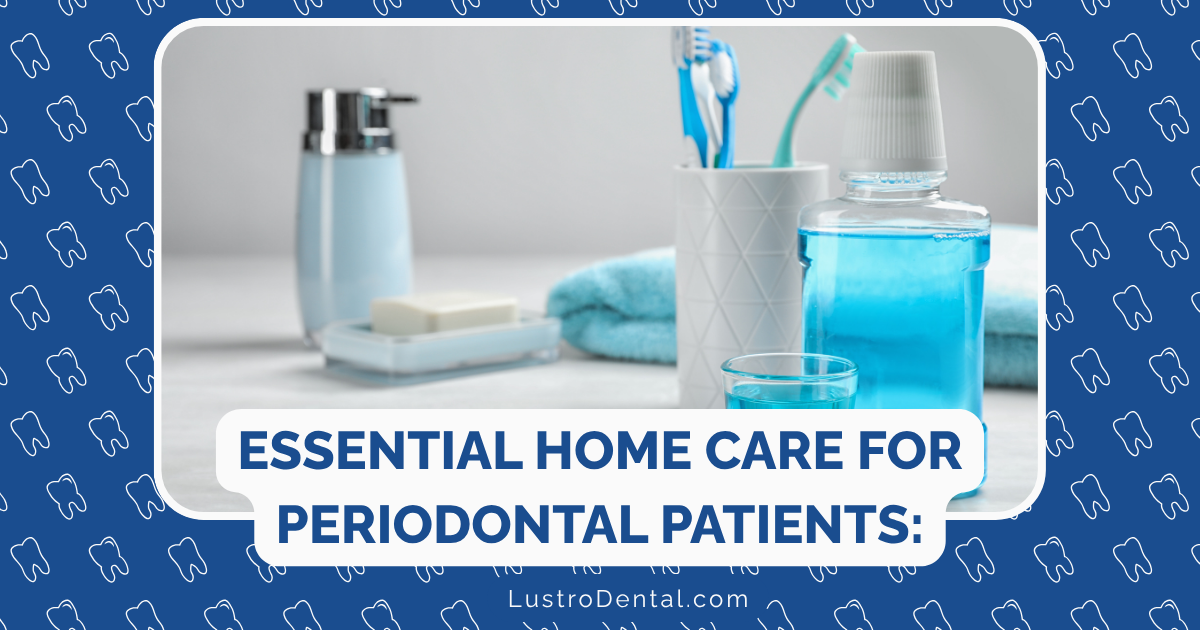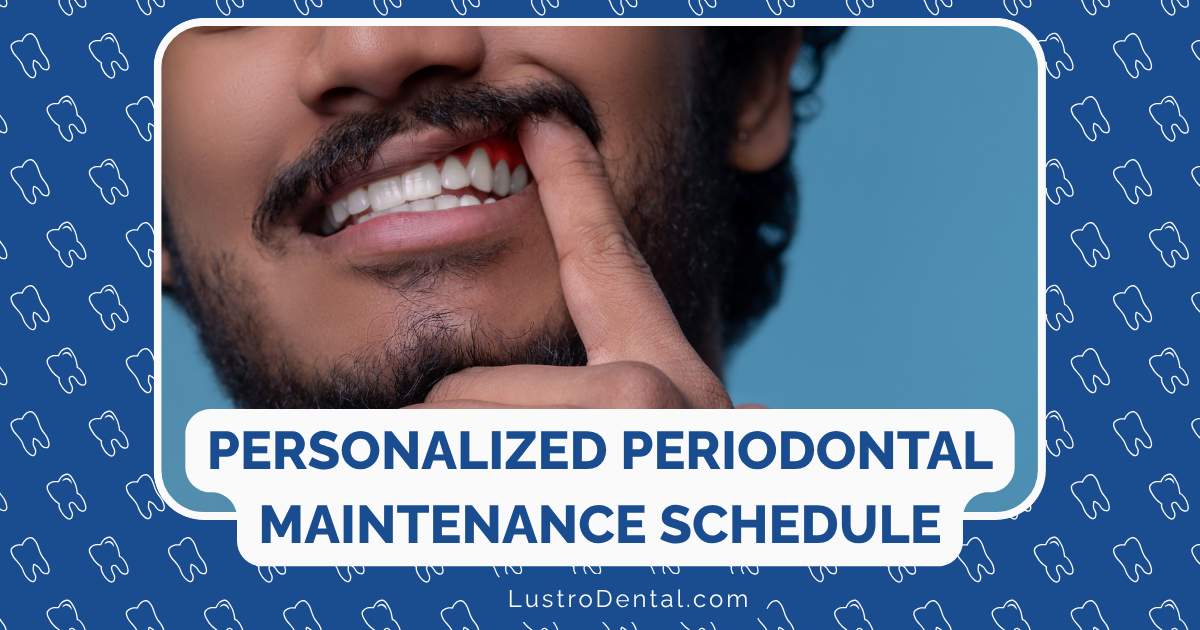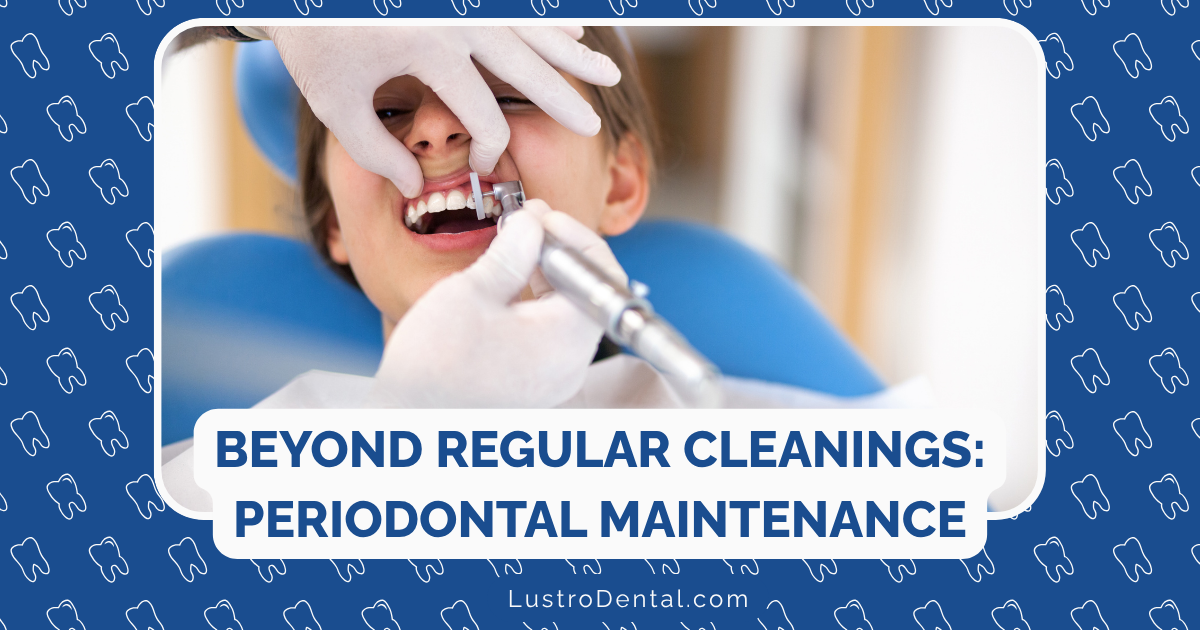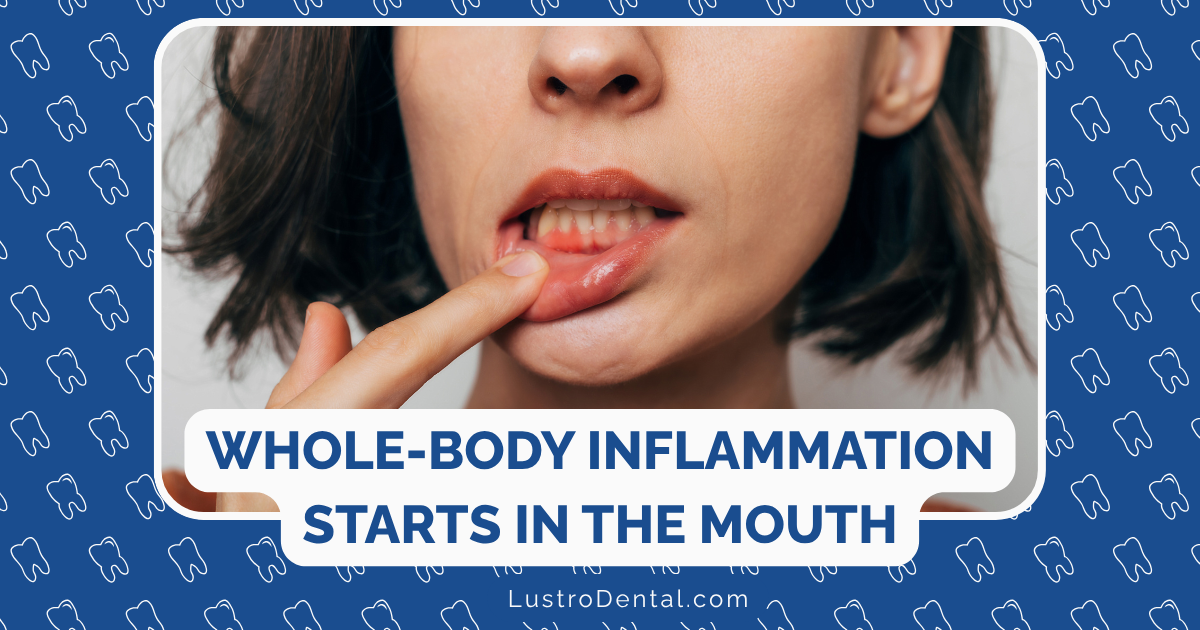Pregnancy Gingivitis: Protecting Your Baby by Protecting Your Gums
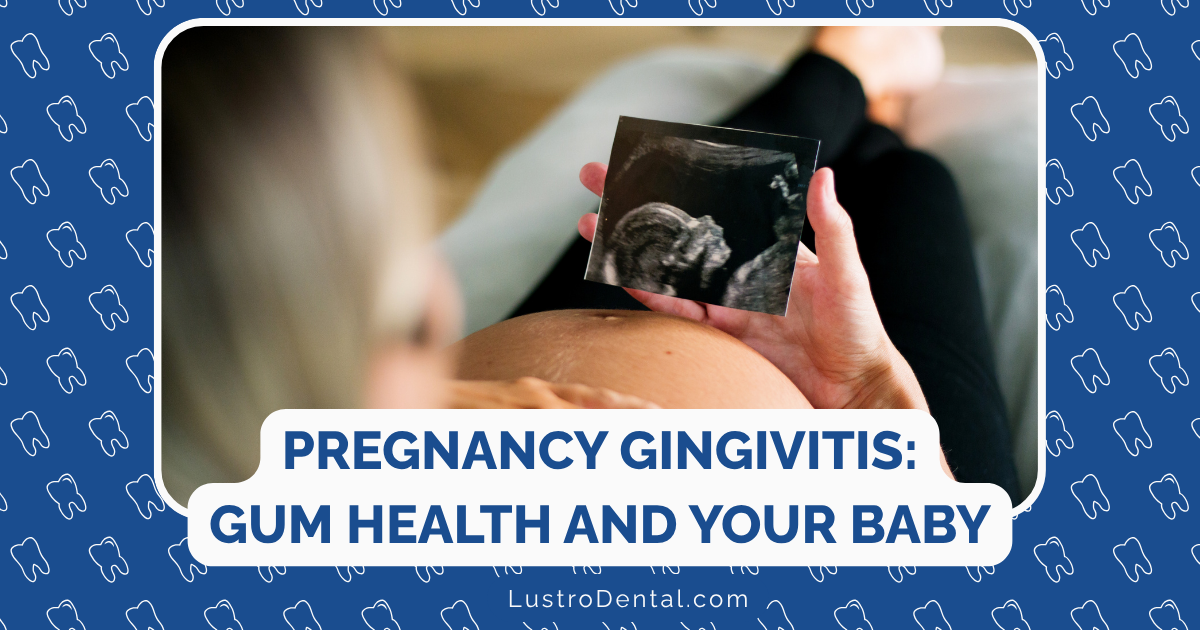
When I talk to expectant mothers about their health concerns, dental care rarely tops their list of priorities. Between prenatal vitamins, baby registry items, and birth plans, gum health often gets overlooked. Yet the connection between your oral health during pregnancy and your baby’s wellbeing is stronger than many realize.
Pregnancy brings joy, anticipation, and significant changes to your body—including your mouth. Those hormonal shifts that cause food cravings and mood swings also affect your gums, making them more susceptible to inflammation and infection. This condition, known as pregnancy gingivitis, affects a remarkable 60-75% of pregnant women, according to the Centers for Disease Control and Prevention (CDC).
What many expectant mothers don’t realize is that this seemingly minor oral health issue could potentially impact their baby’s health. Let’s explore this important connection and the simple steps you can take to protect both your smile and your little one.
Understanding Pregnancy Gingivitis: Why It Happens
Pregnancy gingivitis isn’t just regular gingivitis that happens to occur during pregnancy—it’s directly related to the hormonal changes your body experiences while growing a new life.
The Hormonal Connection
During pregnancy, your body experiences a surge in hormones, particularly estrogen and progesterone. These hormones, while essential for supporting your pregnancy, also:
- Increase blood flow to your gums, making them more sensitive and prone to swelling
- Alter the way your body responds to bacteria in plaque
- Create a more favorable environment for certain bacteria to thrive
- Affect the composition of your saliva
Dr. Amanda Chen, periodontist at Columbia University College of Dental Medicine, explains: “The hormonal fluctuations during pregnancy don’t cause gingivitis directly, but they amplify your body’s inflammatory response to plaque, making even small amounts of bacteria more problematic than they would be otherwise.”
Recognizing the Signs
Pregnancy gingivitis typically develops during the second trimester and may continue throughout your pregnancy. Watch for these symptoms:
- Bleeding gums when brushing or flossing
- Red, swollen gums that appear shiny
- Tenderness when touching your gums
- Persistent bad breath that doesn’t improve with brushing
- Receding gums that make your teeth appear longer
Many women dismiss these symptoms as just another pregnancy discomfort, but recognizing them early allows for prompt intervention.
The Baby Connection: How Your Gum Health Affects Your Little One
You might wonder how something happening in your mouth could possibly affect your developing baby. The connection lies in the inflammatory process and potential bacterial spread.
The Inflammation Pathway
Gingivitis is fundamentally an inflammatory condition. When left untreated, it can progress to periodontitis, a more severe form of gum disease that affects the supporting structures of your teeth.
This chronic inflammation doesn’t stay contained to your mouth. It triggers a systemic inflammatory response, releasing inflammatory markers like C-reactive protein and prostaglandins into your bloodstream. These substances have been linked to:
- Preterm labor
- Restricted fetal growth
- Preeclampsia (pregnancy-induced high blood pressure)
The Bacterial Connection
The mouth-baby connection isn’t just about inflammation—it’s also about bacteria. The same bacteria that cause gum disease can potentially:
- Enter your bloodstream through inflamed gum tissue
- Cross the placenta and reach your developing baby
- Trigger inflammatory responses in the placental tissues
A 2023 systematic review and meta-analysis found that mothers with periodontal disease may have up to seven times the risk of having a preterm or low birth weight baby compared to those with healthy gums.
The Statistics That Matter
The numbers paint a compelling picture of why this connection deserves attention:
- Approximately 15 million premature babies are born each year globally
- Women with untreated gum disease are 3.5 times more likely to have a preterm birth (before 37 weeks)
- Treating gum inflammation during pregnancy can reduce the risk of preterm birth by approximately 50%
- Birth weight can increase by around 100 grams in babies when maternal gingivitis is treated
Dr. Michael Roberts, maternal-fetal medicine specialist at Mayo Clinic, notes: “While many factors contribute to preterm birth, maintaining oral health is one of the most accessible and modifiable risk factors for pregnant women.”
Prevention and Treatment: Keeping Pregnancy Gingivitis at Bay
The good news is that pregnancy gingivitis is both preventable and treatable. Here’s how to protect your gums—and potentially your baby—during pregnancy:
1. Maintain Rigorous Oral Hygiene
Your first line of defense against pregnancy gingivitis is a consistent oral care routine:
- Brush thoroughly twice daily using a soft-bristled toothbrush and fluoride toothpaste
- Floss at least once daily to remove plaque between teeth where your toothbrush can’t reach
- Consider an alcohol-free antimicrobial mouthwash to reduce bacteria
- Replace your toothbrush every 3-4 months or sooner if bristles are frayed
2. Schedule Regular Dental Visits
Contrary to outdated beliefs, dental care during pregnancy is not only safe but recommended:
- Inform your dentist about your pregnancy at the first visit
- Schedule a cleaning during your first trimester if possible
- Consider more frequent cleanings (every 3-4 months instead of every 6 months) if you’re prone to gum problems
- Don’t postpone treatment for dental issues—untreated problems can worsen and potentially affect your pregnancy
The American College of Obstetricians and Gynecologists (ACOG) and the American Dental Association (ADA) both emphasize that routine dental care is safe throughout pregnancy and that necessary procedures shouldn’t be delayed.
3. Address Morning Sickness Properly
Morning sickness presents a particular challenge for dental health, as stomach acid can erode tooth enamel and irritate gum tissue:
- Rinse your mouth with water immediately after vomiting
- Consider a baking soda rinse (1 teaspoon of baking soda in a cup of water) to neutralize acid
- Wait 30-60 minutes before brushing to avoid damaging acid-softened enamel
- Stay hydrated to maintain adequate saliva production, which helps protect your teeth
4. Make Dietary Adjustments
Your food choices during pregnancy affect both your baby’s development and your oral health:
- Limit sugary foods and beverages, which feed harmful bacteria in your mouth
- Choose calcium-rich foods like dairy products, leafy greens, and fortified plant milks to support tooth and bone health
- Increase vitamin C intake through fruits and vegetables to promote gum health
- Opt for crunchy fruits and vegetables like apples, carrots, and celery, which can help clean teeth naturally
- Stay hydrated with water rather than sugary or acidic drinks
5. Consider Professional Treatments
If you develop pregnancy gingivitis despite your best prevention efforts, professional treatments can help:
- Professional dental cleaning (prophylaxis) to remove plaque and tartar
- Scaling and root planing for more advanced cases
- Antimicrobial mouth rinses prescribed by your dentist
- More frequent monitoring by your dental team
A study from the University of Sydney found that treating gingivitis during pregnancy is associated with a reduced risk of preterm birth and low birth weight, highlighting the importance of not ignoring this condition.
Special Considerations for High-Risk Pregnancies
If you have a high-risk pregnancy, communication between your prenatal care provider and dentist becomes even more important:
- Share your complete medical history with your dentist
- Ask your obstetrician for recommendations or precautions specific to your condition
- Consider coordinated care where your healthcare providers communicate directly
- Be particularly vigilant about oral hygiene and early signs of gum problems
Dr. Lisa Johnson, obstetrician at Johns Hopkins Medicine, advises: “For patients with high-risk pregnancies, I often recommend a dental evaluation early in pregnancy to address any existing issues, followed by more frequent monitoring throughout gestation.”
The Long-Term Benefits: Beyond Pregnancy
The benefits of maintaining good oral health during pregnancy extend beyond reducing risks of preterm birth and low birth weight:
For Your Baby:
- Reduced risk of early childhood cavities: Research from the March of Dimes shows that children born to mothers with untreated cavities or tooth loss are three times more likely to develop cavities themselves.
- Established oral health habits: When you prioritize your oral health during pregnancy, you’re more likely to emphasize dental care for your child from an early age.
For You:
- Fewer dental problems postpartum: Managing gingivitis during pregnancy means less risk of progression to more serious periodontal disease after delivery.
- Lower healthcare costs: Preventing dental problems is almost always less expensive than treating them once they’ve progressed.
- Better overall health: The mouth-body connection extends beyond pregnancy, with periodontal disease linked to heart disease, diabetes, and other systemic conditions.
Creating Your Pregnancy Oral Health Plan
Every pregnancy is unique, but these universal steps can help you create a personalized plan for maintaining optimal oral health:
- Schedule a dental check-up when planning pregnancy or as soon as you know you’re pregnant
- Discuss your pregnancy with your dentist, including your due date and any pregnancy complications
- Create a calendar for regular dental visits throughout your pregnancy
- Establish a daily oral hygiene routine that works with your pregnancy symptoms and schedule
- Prepare a dental emergency plan, knowing who to contact and what steps to take if urgent issues arise
- Stock up on pregnancy-friendly oral care products like soft toothbrushes, alcohol-free mouthwash, and fluoride toothpaste
- Plan for postpartum dental care, scheduling a follow-up visit a few months after delivery
The Bottom Line: A Simple Step with Significant Impact
Pregnancy brings countless decisions about your health and your baby’s wellbeing. Amid the complexity of prenatal care, maintaining good oral health stands out as a relatively simple step with potentially significant benefits.
By understanding the connection between pregnancy gingivitis and your baby’s health, you can take proactive steps to protect both your smile and your little one. Regular dental care, diligent home hygiene, and prompt attention to any gum problems can help ensure that your oral health supports—rather than compromises—a healthy pregnancy.
Remember that caring for your gums isn’t just about preventing discomfort or protecting your smile—it’s a meaningful way to create the healthiest possible start for your baby. And that’s something truly worth smiling about.
Have you experienced pregnancy gingivitis? What strategies helped you manage it? Share your experience in the comments below to help other expectant mothers.
Common Questions About Dental Care During Pregnancy
Many expectant mothers have concerns about dental care during pregnancy. Let’s address some common questions:


